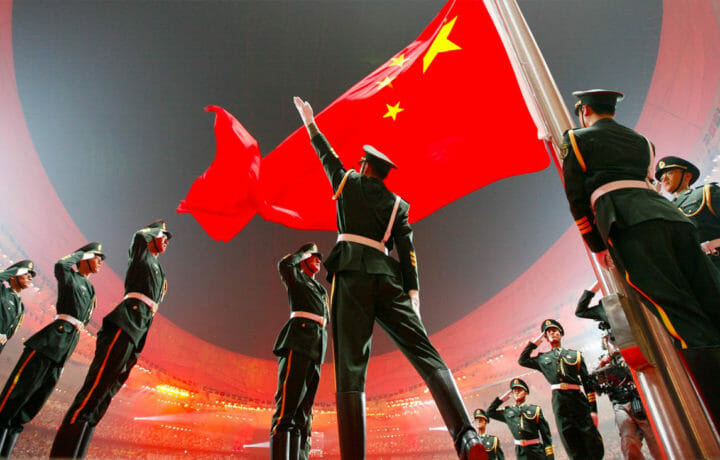For decades, Washington treated Latin America as its strategic backyard. Today, Beijing treats it as a forward operating base. The Chinese Communist Party’s growing political, economic, and military footprint across Latin America should ring every alarm bell inside the national security community—particularly for cleared professionals whose missions could be affected by China’s ability to undermine regional stability and project influence dangerously close to U.S. borders.
This isn’t about a few trade deals or satellite launches. It’s about malign influence executed through long-term strategic investment, authoritarian partnership, and soft power manipulation. And so far, it’s working.
Infrastructure as a Weapon
China’s Belt and Road Initiative (BRI) has already ensnared more than twenty Latin American countries in a web of debt, dependency, and dual-use infrastructure. From megaproject ports in Peru to electricity grid dominance in Argentina, Chinese state-owned enterprises are building the physical and digital foundation of Latin America’s next generation of infrastructure—and controlling it.
These are not benign economic gestures. Control over ports, telecommunications, and energy grids gives China potential access to critical chokepoints, economic leverage, and intelligence collection platforms throughout the region. Beijing’s leverage could one day hinder U.S. military or humanitarian deployments—or worse, support adversary operations on the doorstep of the continental United States.
Information Warfare in Spanish
While the U.S. public debates TikTok bans and AI policy, China is already running Spanish-language propaganda operations throughout Latin America. In its June 2025 threat report, OpenAI flagged coordinated efforts by China to flood TikTok and X with pro-Beijing messaging, often disguised as legitimate user-generated content.
This influence is aimed not only at whitewashing the CCP’s image, but also at reshaping regional narratives around democracy, Taiwan, and U.S. legitimacy. Beijing’s diplomatic push has already helped flip several nations away from recognizing Taiwan. As fewer nations support democratic Taiwan, Beijing’s authoritarian model gains traction.
Bolstering Authoritarians
In Latin America’s most fragile democracies—and outright dictatorships—China has found eager partners. Venezuela, Cuba, and Nicaragua have all deepened ties with Beijing, buying military hardware, exchanging intelligence, and importing authoritarian governance tools.
Chinese riot gear, surveillance systems, and even training programs are increasingly common in these regimes. In some cases, Beijing has provided automatic weapons, military vehicles, and public security equipment to countries with long records of suppressing dissent.
This is not just a security risk. It’s an ideological export strategy. China isn’t building democracy. It’s showing fragile regimes how to control their populations while keeping Western pressure at bay.
The Missed Opportunity
What’s most troubling isn’t just that China is gaining ground—it’s that the United States is losing it. While China ramps up loans, investments, and vaccine diplomacy, U.S. efforts have been inconsistent and often self-sabotaging.
Hardline immigration policies, economic disengagement, and a near-total withdrawal from regional trade initiatives have left a leadership vacuum. Without a sustained and coherent counterstrategy, Latin America’s economic tilt toward China may soon become political alignment as well.
The CI and Malign Influence Connection
For those in the counterintelligence and security community, Latin America is no longer just a partner region—it’s a contested battlespace. Chinese influence campaigns, economic coercion, and dual-use infrastructure threaten both U.S. national security and the regional order we once helped build.
Malign influence doesn’t always show up in a briefing. Sometimes it’s hidden in trade data, port logistics, or “development” loans. The challenge for CI professionals is to treat foreign influence—especially from China—as a multidomain threat that merges economics, politics, culture, and security in a single package.
Bottom Line: China isn’t just expanding its presence in Latin America—it’s changing the rules. Every cleared professional with regional ties, dual-use equities, or global responsibilities should be paying attention. Because China isn’t playing to win the next deal. It’s playing to control the region’s future.




